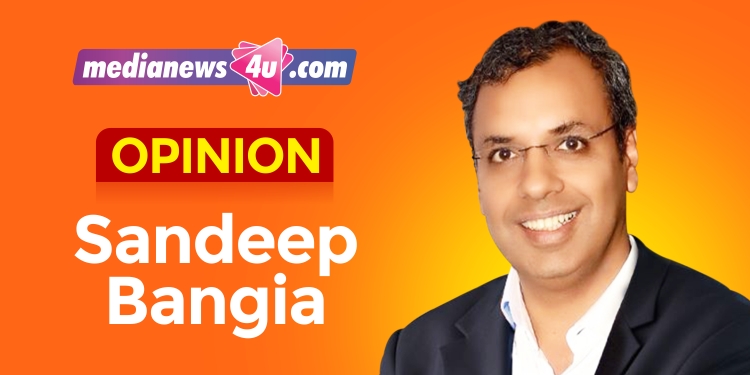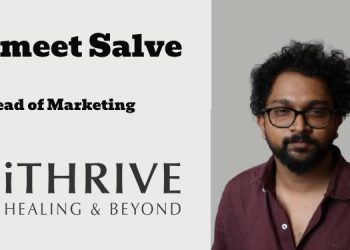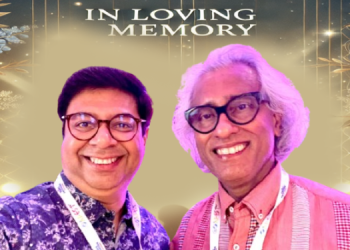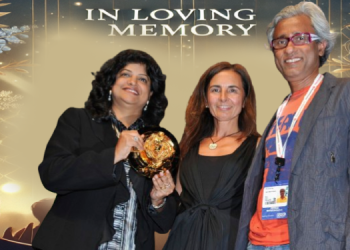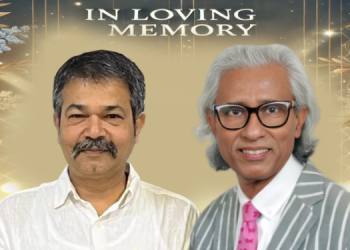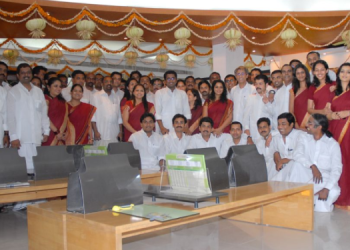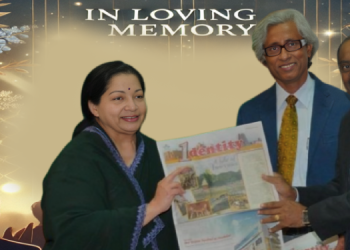Earlier this week, PM Modi called for the adoption of AI tools in the legal profession during the Platinum Jubilee celebrations of the Guwahati High Court. “We have to make courts easier for the general public through AI for the ease of justice,” he said.
The conversation around Artificial Intelligence has significantly intensified lately, particularly since ChatGPT became available in November. While AI has been in use for quite some 5me, ChatGPT has brought its benefits and threats into sharp focus.
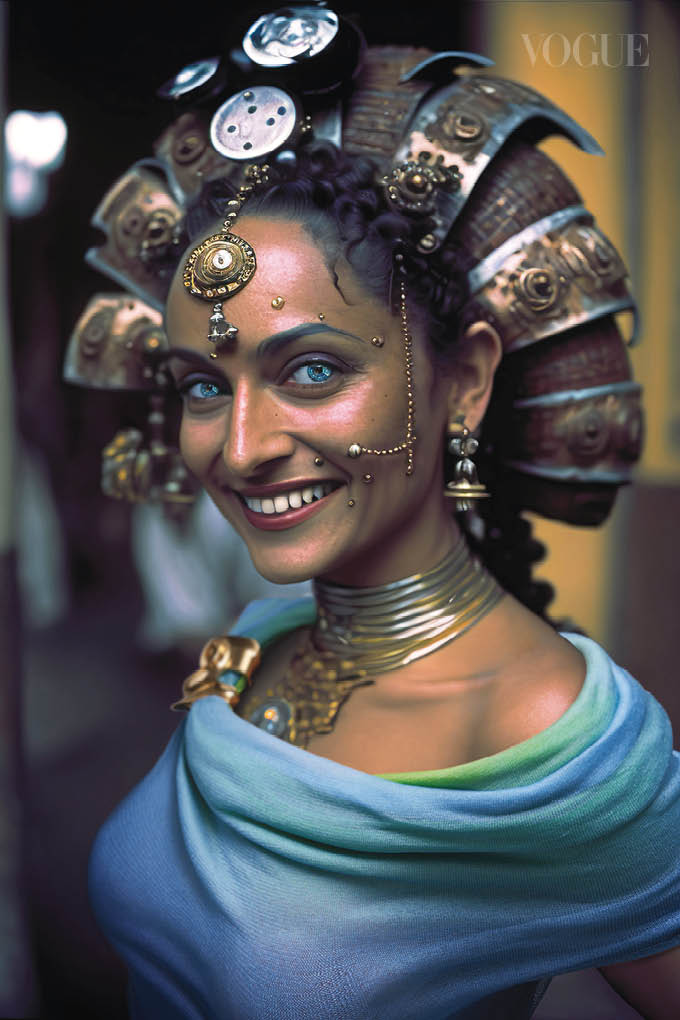
The other day, I read about Vogue Singapore magazine using AI-generated models instead of human models on its cover. The AI models were created using 3D digital modelling technology and were dressed in designer clothing for the cover shoot. And that’s just one of the many use cases of AI.
Closer to home, this isn’t the first time our Prime Minister has advocated the use of AI tools. Back in October 2020, he highlighted the potential benefits of using AI in a vast and populous country like India. He advocated for its use in healthcare, such as improving diagnostic accuracy and predicting disease outbreaks, as well as in agriculture, where it could optimise crop yields and reduce wastage.
In his recent blog post “The Age of AI has Begun,” Bill Gates raves about the benefits of AI tools in domains like healthcare, agriculture, climate change, and disease. The possibilities with AI are only limited by our imagination, and it seems we have just scratched the surface. Gates highlights concerns about AI’s effects on jobs and privacy, stressing the need for policies and collaboration to ensure responsible development. He emphasises addressing challenges like transparency and fairness, believing AI can be a force for good if managed ethically.
While Bill Gates merely ‘suggests’ that AI tools be deployed more responsibly and beneficially, Elon Musk has thrown his weight behind the ‘Future of Life Institute’ and signed an open letter seeking a temporary “pause on the training of AI systems more powerful than GPT-4.” “AI labs are locked in an out-of-control race to develop and deploy ever more powerful digital minds that no one – not even their creators – can understand, predict, or reliably control,” says the letter.
“Should we develop nonhuman minds that might eventually outnumber, outsmart, obsolete, and replace us? Should we risk the loss of control of our civilization?” the letter presents a startling inquiry. Signatories include author Yuval Noah Harari, Apple co-founder Steve Wozniak, Skype co-founder Jaan Tallinn, politician Andrew Yang, and several well-known AI researchers and CEOs, such as Stuart Russell, Yoshua Bengio, Gary Marcus, Emad Mostaque, and Elon Musk.
Elon’s opposition to AI is well-known. The maverick businessman believes artificial intelligence to be the “greatest threat to humanity“. Musk had famously stated that AI is “potentially more dangerous than nukes.” Interestingly Sam Altman agreed to the demand mentioned in the letter, however added that it was ‘missing most technical nuance about where we need the pause.’
Why is the tech world so divided in its approach? Is it the curious case of Musk being a sore loser – remember, he walked out of OpenAI in 2018 over disagreements with the other founders, or is he being hypocritical – since he uses AI extensively in his Tesla cars, or is he overly paranoid about AI? Elon Musk is not known to be any of these. However, his announcement of a new company earlier this week, ‘X.ai Corp,’ to rival OpenAI’s ChatGPT, seems to embody all of these traits.
Concerns around AI are not entirely unfounded. Of course, AI tools will take away jobs – repetitive jobs, research-oriented tasks, coding jobs, basic administrative jobs, customer service jobs. Jobs that can become temporarily redundant before new kinds of jobs will be created because of the increased use of AI.
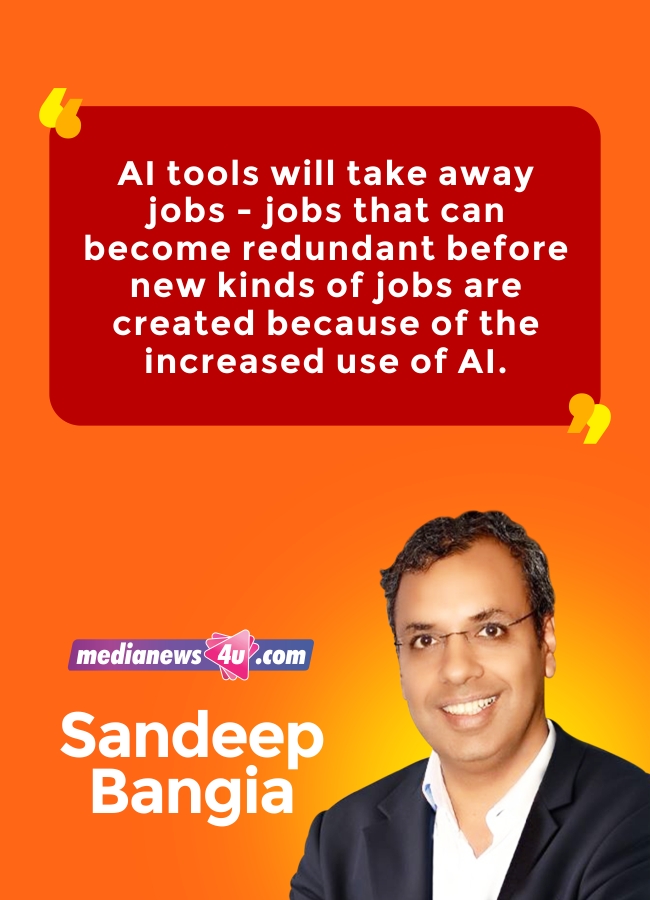
Last week we saw that an AI-generated image won at World Photography Organization’s ‘Sony World Photography Awards’ – one of the world’s most prestigious photography competitions. The ‘expert’ judges couldn’t detect the fake image from a real one. Thankfully the ‘photographer’ Boris Eldagsen saved the day by declining the award. We’ve been seeing unnerving deep fake images, such as the arrest of Trump or French President Macron escaping from a riot scene, which could potentially cause law-and-order situations. But an even bigger concern is that Transformative Language Models like GPT could start peddling ideologies. Elon calls it, “The danger of training AI to be woke -in other words, lie – is deadly.” However, if any ‘artificial’ force were to halt or pause advancements, rogue elements could seize the opportunity to make matters worse.

I believe that AI tools and GPT-4 are the latest genies that can’t be put back in the bottle once released. The development of advanced AI tools can’t be paused or reversed, certainly not voluntary. As we continue to innovate and advance, our collective knowledge expands and pushes the boundaries of what we once believed possible. This relentless pursuit of advancement allows us to address complex challenges, improve the quality of life, and explore new horizons as chronicled by many advocates of Artificial Intelligence.
So, while the tech world grapples with these concerns, we as ‘users’ need to be vigilant and responsible in dealing with this monster called AI. We must learn, tame, and ride it to where we wish to go, rather than allowing it to consume us.
(First published on Free Press Journal BrandSutra. The author is a senior professional in the corporate sector and writes on varied topics that catch his fancy. The views expressed here are his own.)

